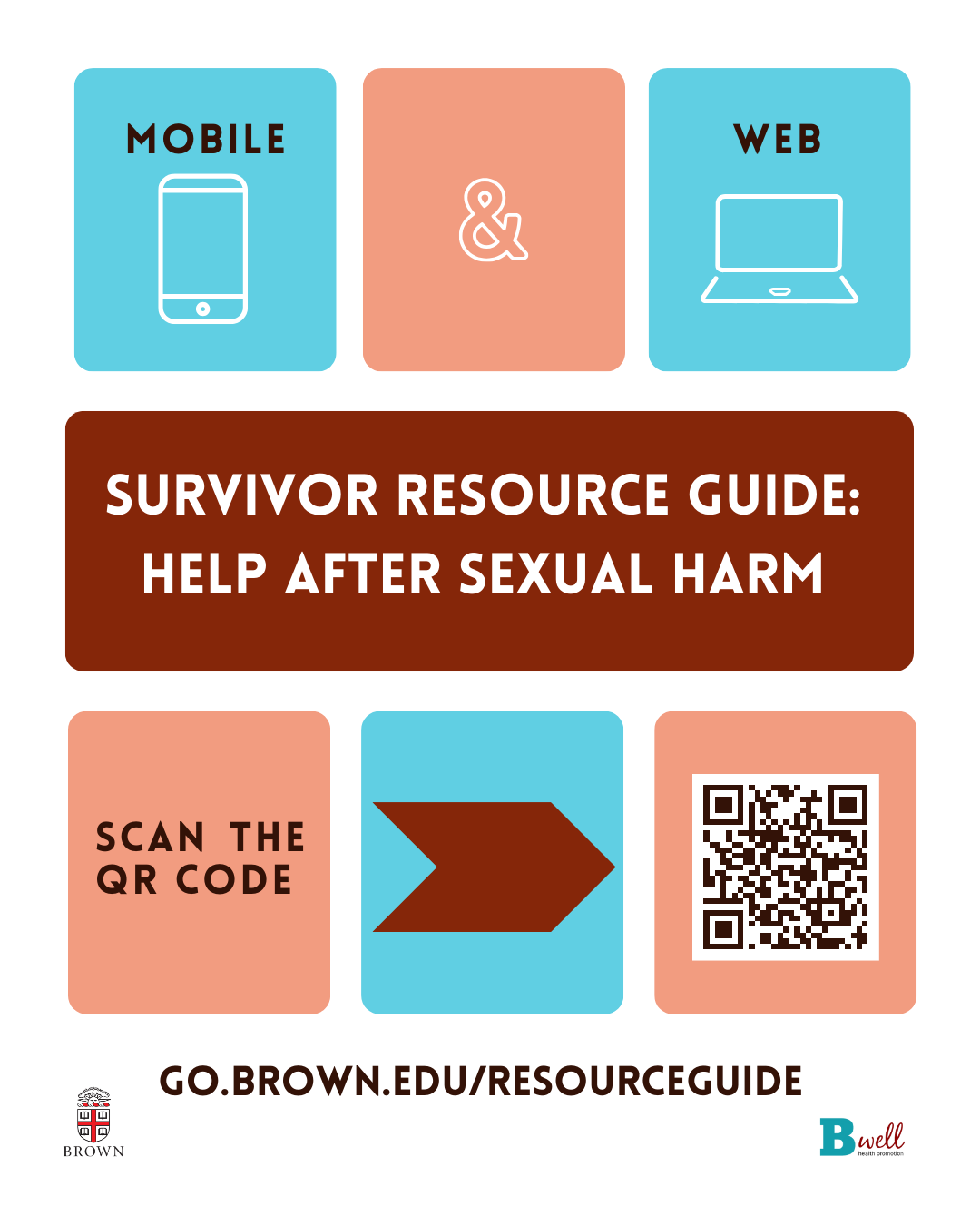Emotional abuse
This type of abuse is also referred to as psychological abuse. It is often the form of abuse that is most difficult for people who have never been abused to understand. When taken out of context, emotional abuse may look "normal." For example, joking about a mistake someone has made can be a normal part of a relationship. However, when it is part of ongoing insults, criticism and put-downs, it reinforces a victim's feelings of worthlessness and it is abusive. Other examples of emotional abuse include:
-
isolating the victim
-
tracking everything the victim does
-
threatening to "out" the victim
-
threatening to turn friends against the victim
-
threatening suicide
-
withholding emotion
-
blaming the victim for everything
-
keeping someone from studying or doing things they enjoy
People who have been abused consistently say that emotional abuse is the most difficult form of abuse to recover from. Bruises and broken bones can heal, but recovering from feeling worthless is a much harder process.
Economic abuse
Money can be a difficult thing to negotiate in a healthy relationship, but when someone is abusive, money becomes a way to control the victim. At Brown, for example, students may feel pressure to spend money that they don't have in order to fit in, and an abuser may manipulate that pressure. Economic abuse can include:
-
using the victim's credit cards or meal plan
-
ruining someone's credit
-
paying for things the victim needs and using that to manipulate them
-
making someone feel guilty about their financial status
-
stealing money
-
not paying bills
Sexual abuse
The most obvious form of sexual abuse involves forcing someone to have sex. More subtle forms include:
-
pressuring someone to have sex or to engage in sexual activities
-
manipulating someone into having sex, through false promises, emotional pleas or alcohol and other drugs
-
not allowing the victim to use birth control or protect themselves from sexually transmitted infections
-
forcing someone to have an abortion -- or not allowing them to have an abortion
-
forcing someone to watch pornography
-
forcing someone to act out pornography
Sexual abuse in an intimate relationship can be very confusing. Because the victim has consented to be with this person sexually, they may feel that they have to agree to everything their partner wants. In a healthy relationship, a person's sexual boundaries are always respected.
Physical abuse
Physical abuse can include:
-
hitting or slapping
-
pushing, grabbing or choking
-
restraining the victim
-
burning the victim
-
hurting pets
-
damaging the victim's property
-
using weapons
In many abusive relationships, physical abuse is not very frequent. However, once someone has been physically abusive, the threat of it happening again can be a powerful way to control the victim.






